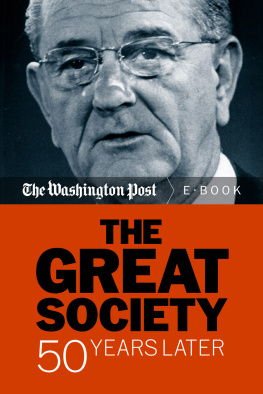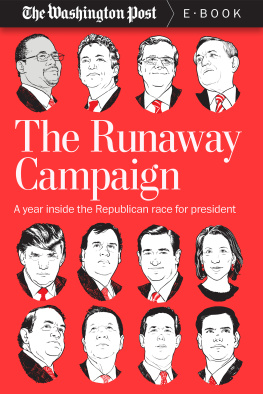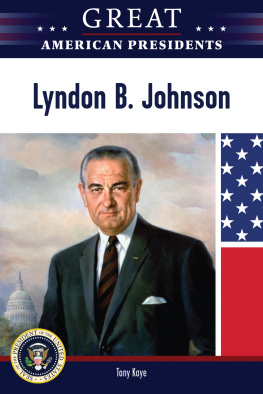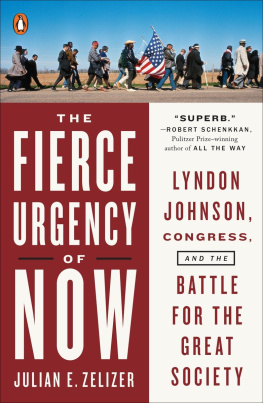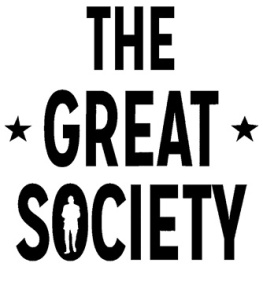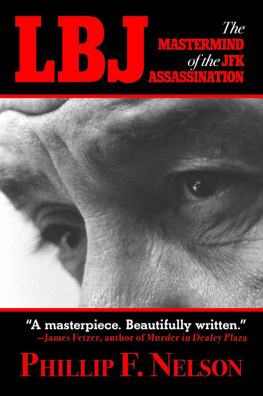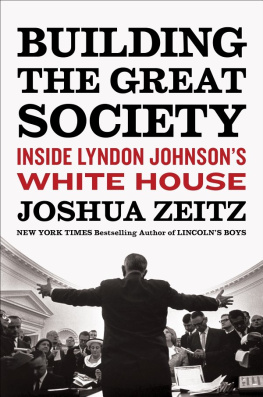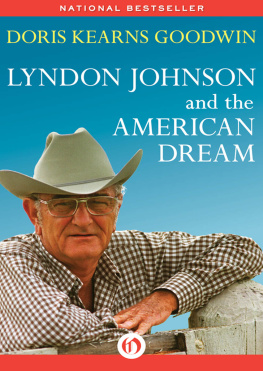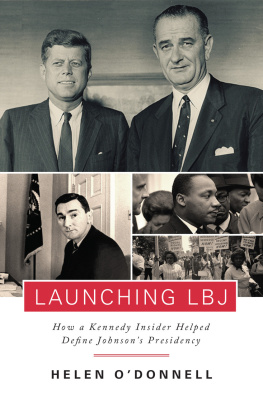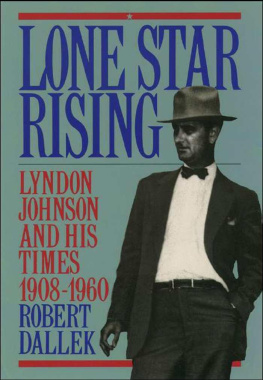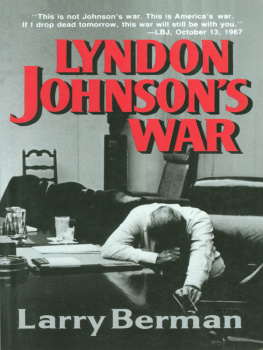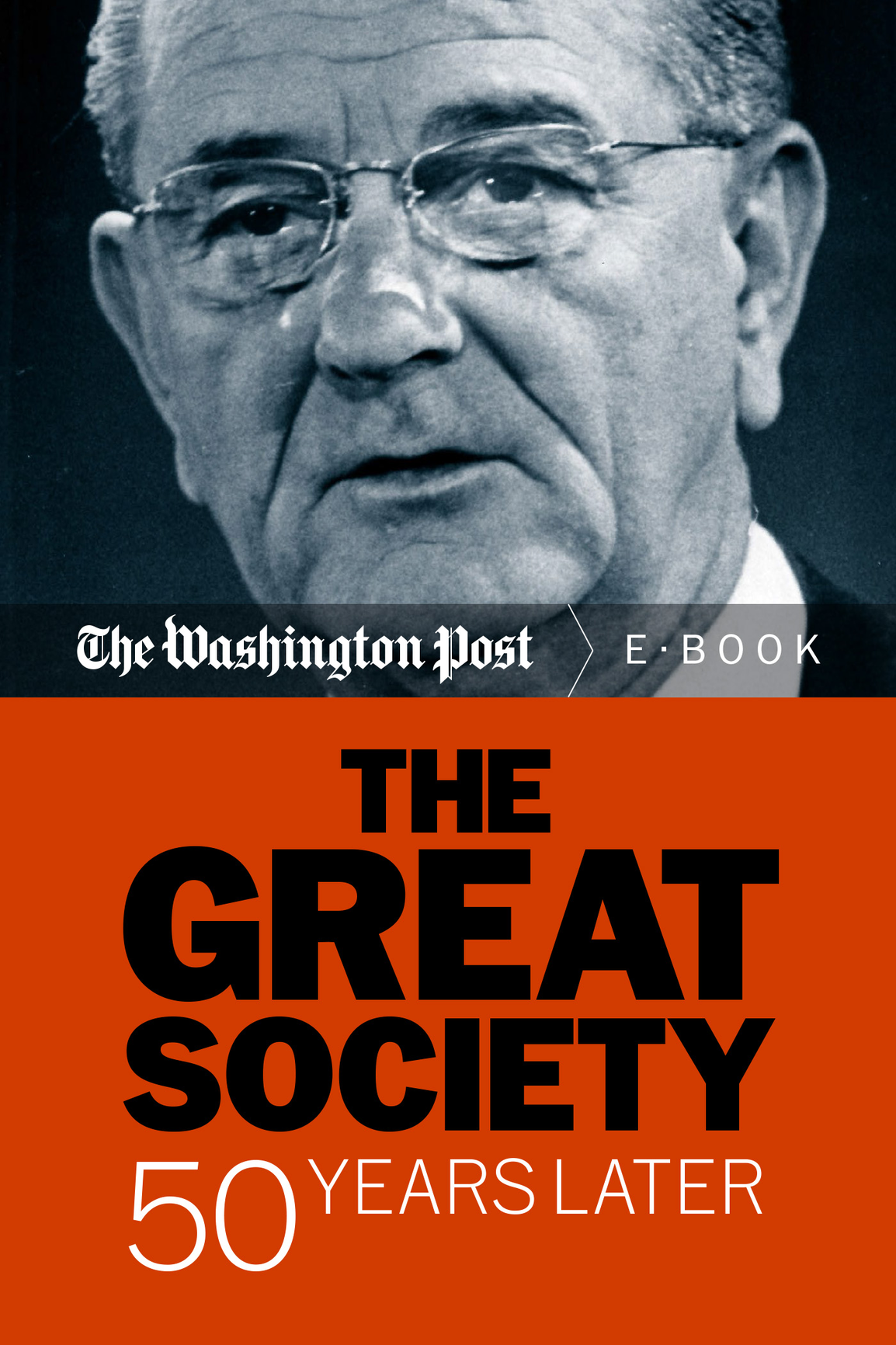The Great Society at 50
By Karen Tumulty
May 17, 2014
One day shortly after starting his new job as presidential adviser and speechwriter, Richard N. Goodwin was summoned to see the boss. Not to the Oval Office, but to the White House swimming pool, where Lyndon B. Johnson often went to ruminate.
Goodwin found the leader of the free world naked, doing a languorous sidestroke. Johnson invited him and top aide Bill Moyers to doff their own clothes: Come on in, boys. Itll do you good.
It was an unorthodox manner of conducting official business. As they bobbed in the tepid water, the president began to talk as if he were addressing some larger, imagined audience of the mind, Goodwin later wrote in his memoir.
The 32-year-old speechwriter forgot his chagrin as he was drawn by the powerful flow of Johnsons will, exhorting, explaining, trying to tell me something about himself, seeking not agreement he knew he had that but belief.
This happened in early April 1964, just a little more than four months after a tragedy in Dallas had made Johnson the 36th president of the United States.
I never thought Id have the power, Johnson told Goodwin and Moyers. I wanted power to use it. And Im going to use it.
Weve got to use the Kennedy program as a springboard to take on the Congress, summon the states to new heights, create a Johnson program, different in tone, fighting and aggressive, he said. Hell, weve barely begun to solve our problems. And we can do it all.
Johnsons vision would come to be known as the Great Society the most ambitious effort ever to test what American government is capable of achieving. And in doing so, to discover what it is not.
In laying it out, LBJ even set out a specific time frame for it to come to fruition 50 years, a mark that was reached on May 22, 2014. Johnson launched his program with a University of Michigan commencement address, delivered on the clear, humid morning of May 22, 1964, in Ann Arbor.
Today, the laws enacted between 1964 and 1968 are woven into the fabric of American life, in ways big and small. They have knocked down racial barriers, provided health care for the elderly and food for the poor, sustained orchestras and museums in cities across the country, put seat belts and padded dashboards in every automobile, garnished Connecticut Avenue in Northwest Washington with red oaks.
We are living in Lyndon Johnsons America, said Joseph A. Califano Jr., who was LBJs top domestic policy adviser from 1965 through the end of his presidency. This country is more the country of Lyndon Johnson than any other president.
The backlash against the Great Society has been as enduring as its successes.
Virtually every political battle that rages today has roots in the federal expansion and experimentation that began in the 1960s. It set terms of engagement for ideological warfare over how to grapple with income inequality, whether to encourage a common curriculum in schools, affirmative action, immigration, even whether to strip federal funding for National Public Radio. (Yes, the Corporation for Public Broadcasting is another Great Society program.)
Many Great Society programs are now so popular it is hard to imagine the country as we know it without them. Others including some of its more grandiose urban renewal efforts are generally regarded as failures. Poverty remains with us, with the two parties in deep disagreement over whether government has alleviated it or made it harder to escape.
When Johnson spoke that day in Michigan, before a crowd of 70,000, the country was enjoying unprecedented affluence.
So he beckoned Americans to consider what they could do with their riches, to imagine ahead to today a time that many who heard his words have lived to see.
The challenge of the next half-century is whether we have the wisdom to use that wealth to enrich and elevate our national life and to advance the quality of our American civilization, the president said. Your imagination and your initiative and your indignation will determine whether we build a society where progress is the servant of our needs or a society where old values and new visions are buried under unbridled growth. For in your time, we have the opportunity to move not only toward the rich society and the powerful society but upward to the Great Society.
The import of that pronouncement was lost on the graduates of the Michigan Class of 1964. Their college years had been framed by the thrill of John F. Kennedys election when they were freshman and the heartbreak of his death when they were seniors. They graduated six months to the day after his assassination; their speaker was a stand-in for the president they had originally invited.
Undergraduate student-body president Roger Lowenstein sat onstage behind Johnson. When he saw the words GREAT SOCIETY roll by on the teleprompter in his recollection, the phrase was underlined and written in big letters Lowenstein snickered with Michigan Daily newspaper editor Ron Wilton, who was next to him.
It did sound corny, and it wasnt catchy, said Lowenstein, who went on to become an attorney, then write for the hit TV show L.A. Law, and now runs a charter school in Los Angeles.
We were just typical 21-year-old wise guys, he said, with complete ignorance that history was happening in front of us.
Goodwin still has his first draft of the Great Society speech. For decades, it was boxed away in the Concord, Mass., home he shares with his wife, the historian and author Doris Kearns Goodwin.
Settled in a comfortable chair in his study, Dick Goodwin pulled eight typewritten pages from a folder. They show a work in progress: notes penciled in the margins, phrases underlined for emphasis, entire paragraphs scratched out.
He knew his ambitions, Goodwin said of Johnson. When I first drafted that speech, somebody else on the staff took it upon himself to redo it so it became just another anti-poverty speech. In fact, it was rewritten. I went in to see Johnson. This was intended to be much more than anti-poverty. It was a grand master plan. Johnson had it changed back to what it had been.
The transformation
LBJs brand of government activism was inspired by his idol, Franklin D. Roosevelt, and the New Deal of his Depression-era youth. (At 26, he had run FDRs National Youth Administration work and training program in Texas.)
But the reach of Johnsons Great Society was broader, its premise even more idealistic.
Roosevelt did not set out to start a revolution in this country. He was trying to put out the fire of an economic catastrophe, said political scientist Norman J. Ornstein, resident scholar at the American Enterprise Institute. Coming at a time of prosperity, Johnson really was looking for a way to transform America.
LBJ prodded the 89th Congress , which was seated from January 1965 to January 1967, to churn out nearly 200 major bills. It is regarded by many as the most productive legislative body in American history and the starkest contrast imaginable to the Capitol Hill paralysis of today.

